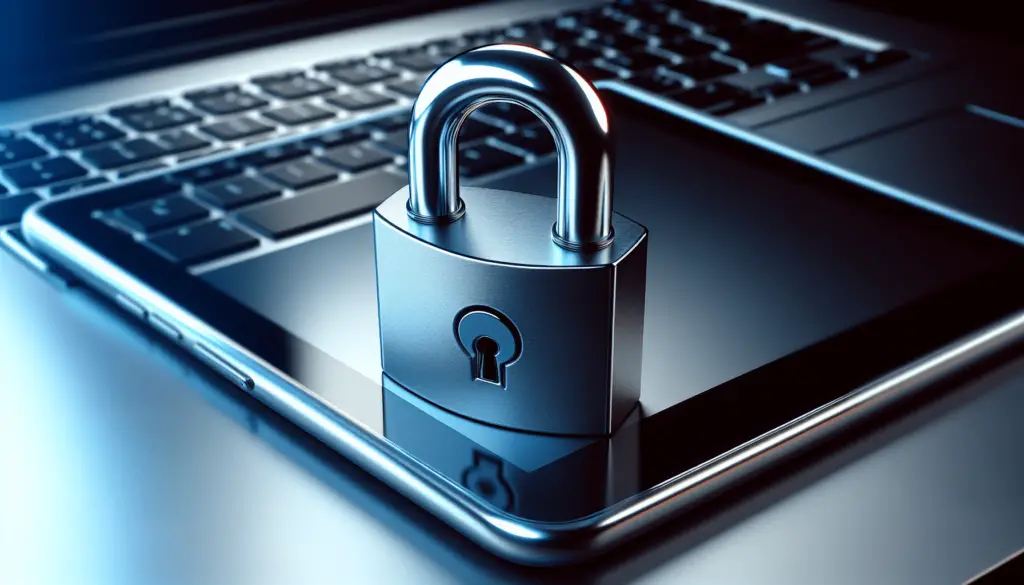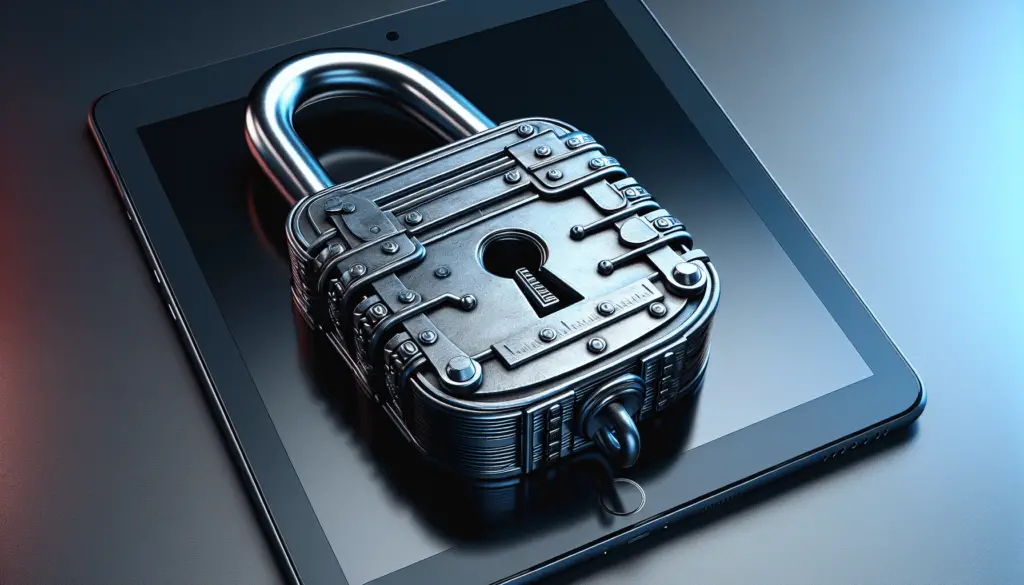Welcome to a comprehensive guide on how to protect your data and privacy in today’s digital age. As technology continues to advance, the risk of cyber threats and privacy breaches also increases. In this article, you will learn practical tips and strategies to safeguard your personal information and ensure your online security. By following these steps, you can navigate the digital world with confidence and peace of mind. Let’s dive in and empower yourself to take control of your data privacy!
How To Protect Your Data And Privacy In An Increasingly Digital World
In today’s digital age, our personal data and privacy are more at risk than ever before. With the rise of social media, online shopping, and digital communication, it’s easier than ever for hackers and cyber criminals to access our sensitive information. But fear not, there are steps you can take to protect yourself and your data online. In this article, we will discuss some practical tips and strategies to safeguard your privacy in an increasingly digital world.
The Importance of Protecting Your Data and Privacy
Before we dive into the specifics of how you can protect your data and privacy online, let’s first discuss why it’s so important. Your personal information, such as your name, address, phone number, and financial details, is incredibly valuable to cyber criminals. They can use this information to steal your identity, commit fraud, or even access your bank accounts. By taking steps to protect your data and privacy, you can reduce the risk of falling victim to these online threats.
Secure Your Devices and Accounts
One of the first steps you can take to protect your data and privacy online is to secure your devices and online accounts. This includes setting strong passwords, enabling two-factor authentication, and keeping your software up to date.
Strong Passwords
When it comes to creating passwords, the longer and more complex they are, the better. Avoid using easily guessable passwords such as “password123” or “123456.” Instead, opt for a mix of letters, numbers, and special characters. Consider using a password manager to securely store and generate strong passwords for all your accounts.
Two-Factor Authentication
Two-factor authentication adds an extra layer of security to your online accounts by requiring you to provide two forms of verification to log in. This could be a code sent to your phone or email, a fingerprint scan, or a security key. Enable two-factor authentication wherever possible to prevent unauthorized access to your accounts.
Software Updates
Regularly updating your devices and software is essential to protect against security vulnerabilities. Hackers often exploit weaknesses in outdated software to gain access to your data. Set your devices and apps to automatically receive updates or check for updates regularly to ensure you have the latest security patches.

Be Mindful of What You Share Online
In the age of social media, it’s easy to overshare personal information without realizing the potential consequences. Be mindful of what you post online, as this information can be used by cyber criminals to target you.
Privacy Settings
Review the privacy settings on your social media accounts and adjust them to control who can see your posts and personal information. Limit the amount of personal details you share publicly and be cautious about accepting friend requests from strangers.
Phishing Scams
Be wary of emails, messages, or calls from unknown sources asking for sensitive information. Phishing scams are a common tactic used by cyber criminals to trick you into revealing your personal data. Avoid clicking on links or downloading attachments from suspicious emails and always verify the authenticity of the sender before responding.
Use Secure Connections and Encryption
When browsing the internet, it’s important to use secure connections and encryption to protect your data from prying eyes.
Secure Websites
Look for the padlock icon in the address bar of your web browser when accessing websites. This indicates that the site is using HTTPS encryption to secure your connection. Avoid entering personal information on websites that do not have this encryption.
Virtual Private Networks (VPNs)
Consider using a VPN when connecting to public Wi-Fi networks to encrypt your internet traffic and protect your data from potential eavesdroppers. VPNs create a secure tunnel between your device and the internet, ensuring that your online activity remains private and secure.
Encrypted Messaging Apps
Use encrypted messaging apps such as Signal, WhatsApp, or Telegram to communicate securely with friends and family. These apps use end-to-end encryption to ensure that only you and the recipient can read your messages, preventing third parties from intercepting or accessing your conversations.

Monitor Your Accounts and Check Your Credit Report Regularly
To stay vigilant against potential threats to your data and privacy, it’s important to monitor your accounts and check your credit report regularly.
Account Activity
Review your bank and credit card statements regularly for any unauthorized transactions. If you notice any suspicious activity, report it to your financial institution immediately and change your login credentials.
Credit Report
Check your credit report at least once a year to look for any unusual or fraudulent activity. You can request a free copy of your credit report from each of the major credit bureaus through AnnualCreditReport.com. Monitoring your credit report can help you detect signs of identity theft early on.
Safely Dispose of Old Devices and Data
When it’s time to upgrade or dispose of old devices, it’s important to properly wipe your data to prevent it from falling into the wrong hands.
Data Erasure
Before selling, donating, or recycling your old devices, make sure to wipe them clean of all personal information. Use a reputable data erasure tool to securely delete files and reset your devices to factory settings.
Educate Yourself and Stay Informed
In the ever-evolving landscape of cybersecurity threats, it’s crucial to stay informed about the latest trends and best practices for protecting your data and privacy.
Cybersecurity Awareness
Educate yourself on common cybersecurity threats such as ransomware, phishing, and malware. Stay informed about the latest data breaches and security incidents that may impact you. Knowledge is your best defense against online threats.
Online Resources
Take advantage of online resources such as cybersecurity blogs, forums, and webinars to expand your knowledge of cybersecurity and privacy. Follow reputable cybersecurity experts and organizations on social media for valuable insights and tips on staying safe online.
Conclusion
In conclusion, safeguarding your data and privacy in an increasingly digital world requires a combination of proactive measures and awareness. By securing your devices and accounts, being cautious about what you share online, using secure connections and encryption, monitoring your accounts, safely disposing of old devices, and educating yourself about cybersecurity, you can significantly reduce the risk of falling victim to cyber threats. Remember, your data and privacy are valuable assets that deserve protection. Stay vigilant and stay safe online.
